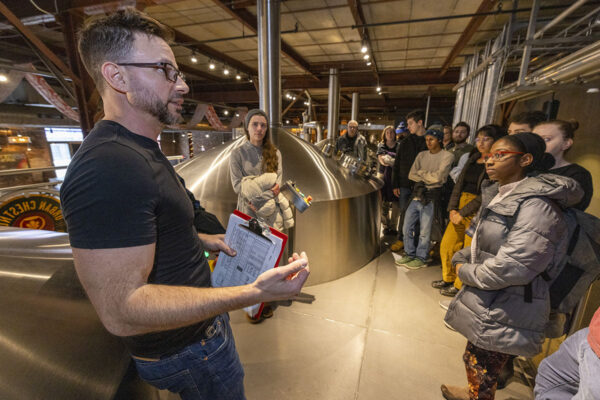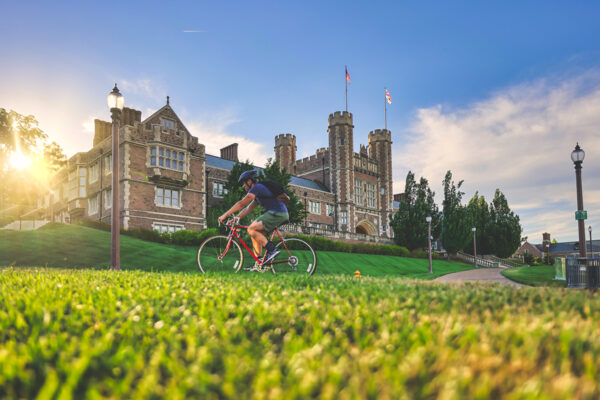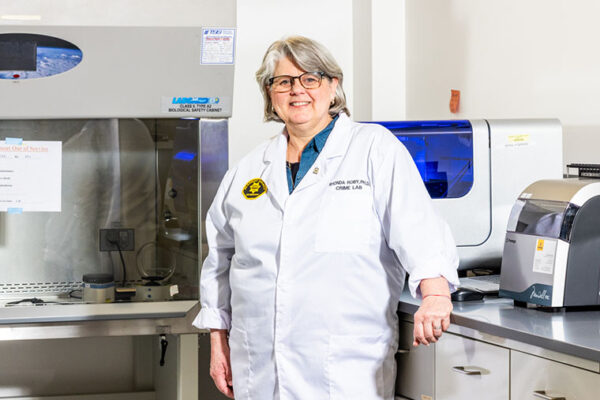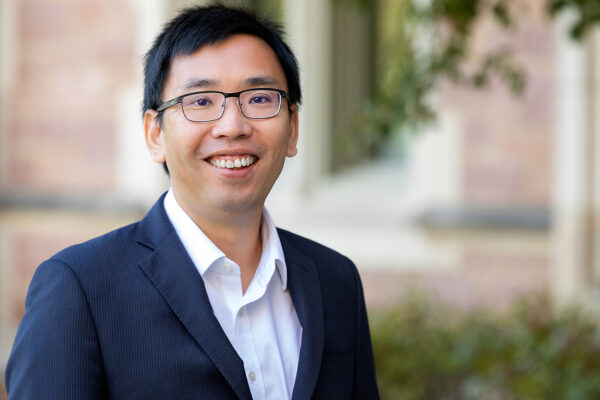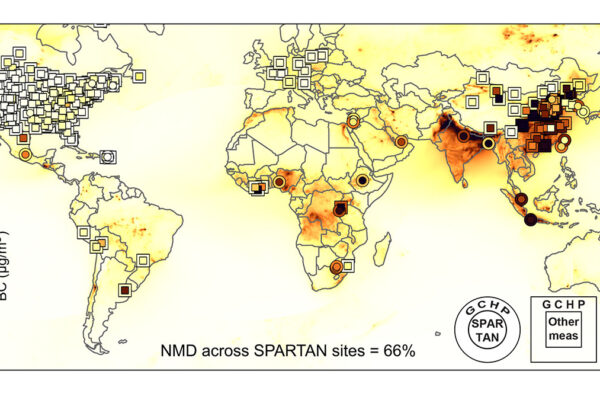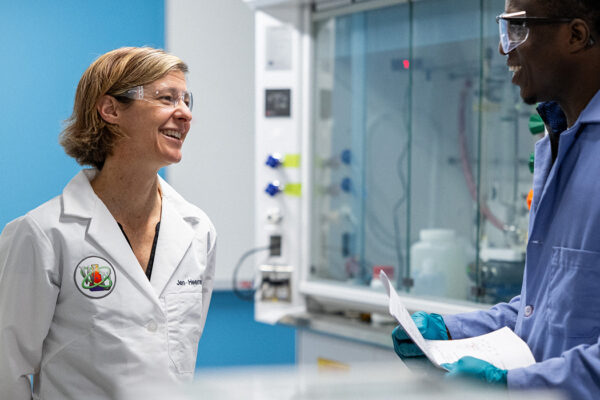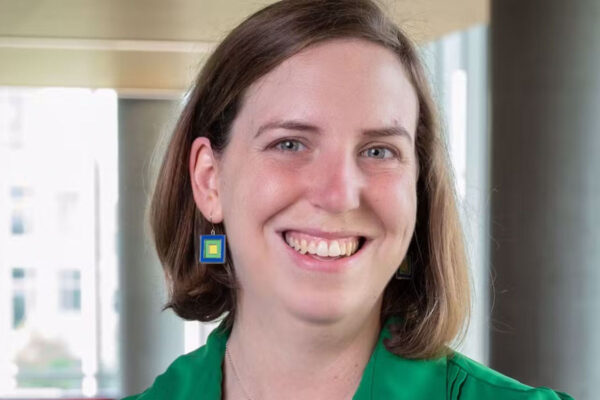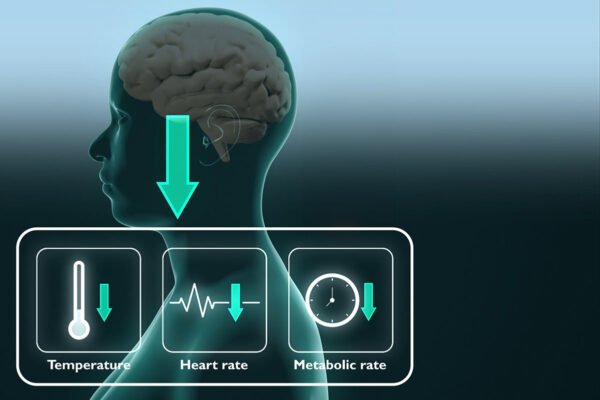Up to $5.2M in federal funds will enable WashU to develop new biomanufacturing capabilities
Researchers at Washington University in St. Louis are working on giving biomanufacturers a competitive edge by solving the challenge of continuous fermentation.
WashU earns gold accreditation for sustainability
For the third cycle in a row, WashU receives a prestigious sustainability recognition.
Forensic pioneer
Rhonda Roby has become one of the country’s foremost experts in mitochondrial DNA, solving some of the biggest forensic questions of our time.
The heaviness of water
As the western U.S. faces decreasing water supplies, WashU alumni are helping negotiate how this precious resource will be managed and shared in years to come.
Jiao named ACS fellow
Feng Jiao, a professor at Washington University in St. Louis, was elected a 2025 American Chemical Society fellow.
Black carbon emissions underestimated in ‘global south’
Researchers at Washington University in St. Louis have used a variety of models to measure ambient concentrations of black carbon in the “global
south” and found estimates of these harmful emissions have been grossly underestimated.
A resource for ‘accidental leaders’
With her new book, “Labwork to Leadership,” Jen Heemstra in Arts & Sciences aims to help create a healthier academic culture and support the next generation of leaders.
Brennan honored for excellence in engineering education
The American Society for Engineering Education has awarded Janie Brennan, a senior lecturer at Washington University in St. Louis, the Ray W. Fahien Award for early-career excellence in chemical engineering education.
Lessons from the pandemic: Distress puts limits on compassion
Psychology researchers at Washington University in St. Louis studied how pandemic stresses affected decision-making in different age groups — findings with implications for public health messaging.
Synthetic torpor has potential to redefine medicine
Hong Chen, a biomedical engineer at WashU, shares the potential for using synthetic torpor technology to develop new treatments for a range of illnesses and injuries.
Older Stories
